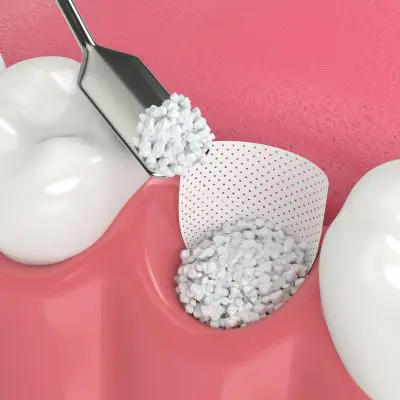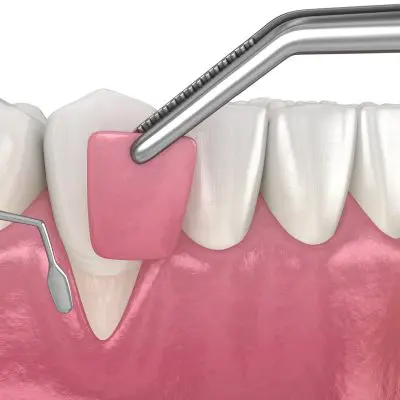Jaw Bone Deterioration
Losing a tooth can initiate jawbone deterioration due to the lack of constant stimulation required for bone health. Vibrations generated by chewing and speaking travel through teeth, roots, and into the jawbone, maintaining its strength. When a tooth is lost, the jawbone in that area no longer receives the necessary exercise, leading to deterioration. Beyond hindering dental implant placement, jawbone deterioration can impact facial appearance, causing hollowed cheeks and premature wrinkles around the lips. This condition often results in an aged or unhealthy appearance.





